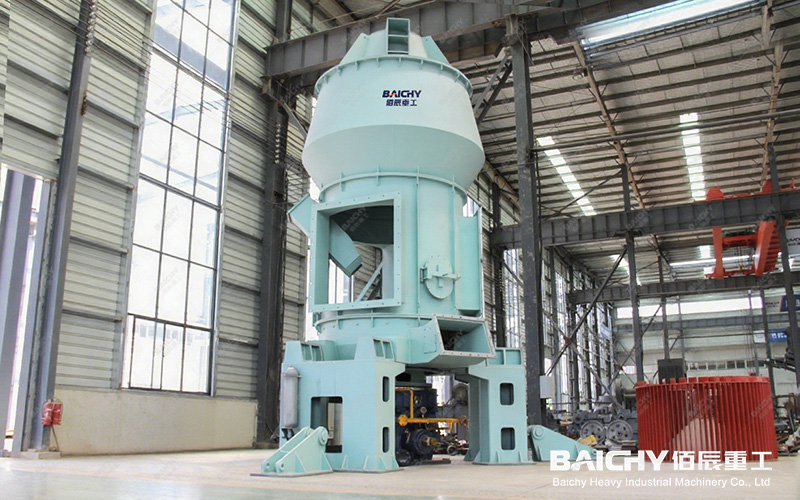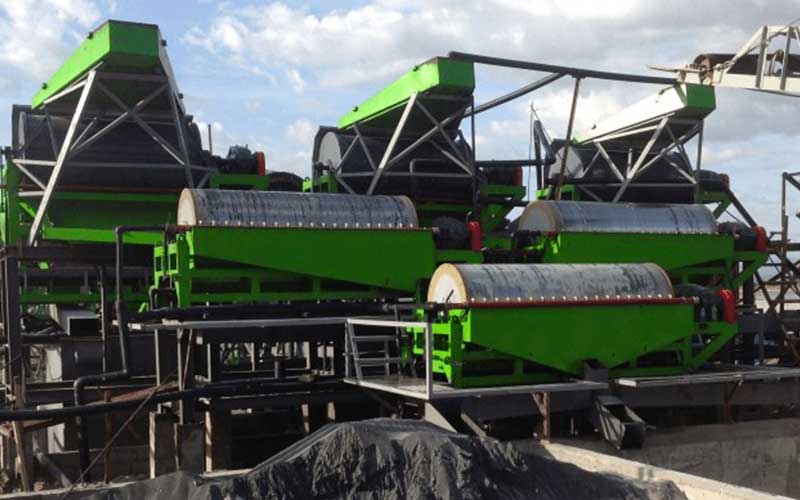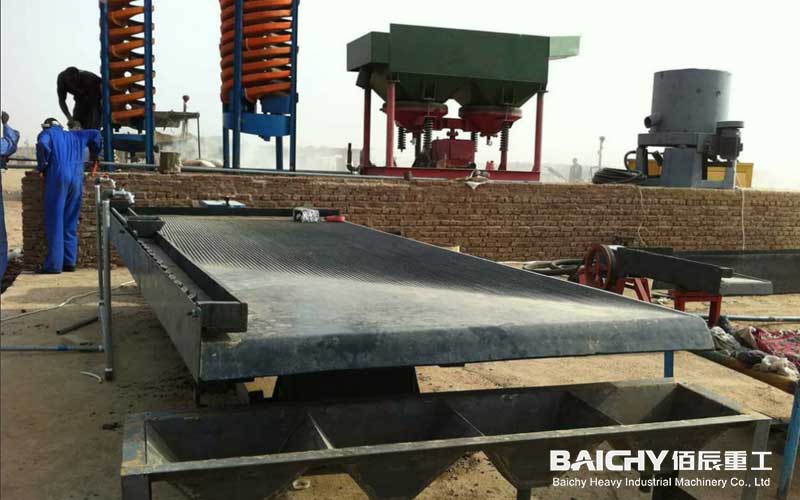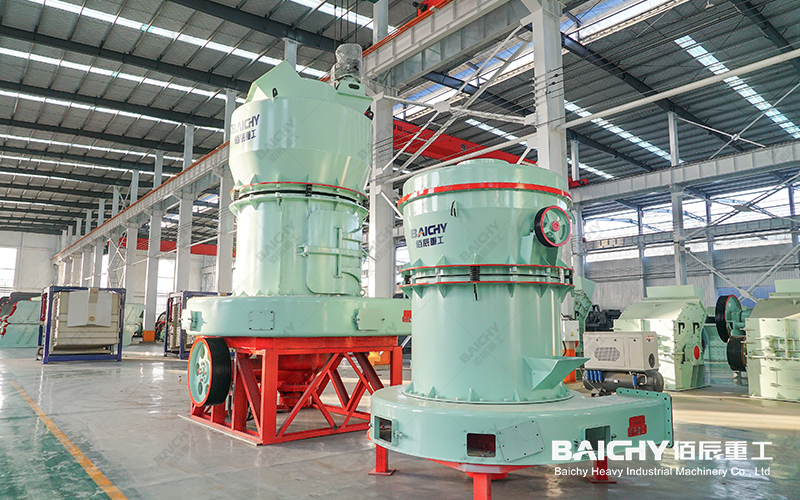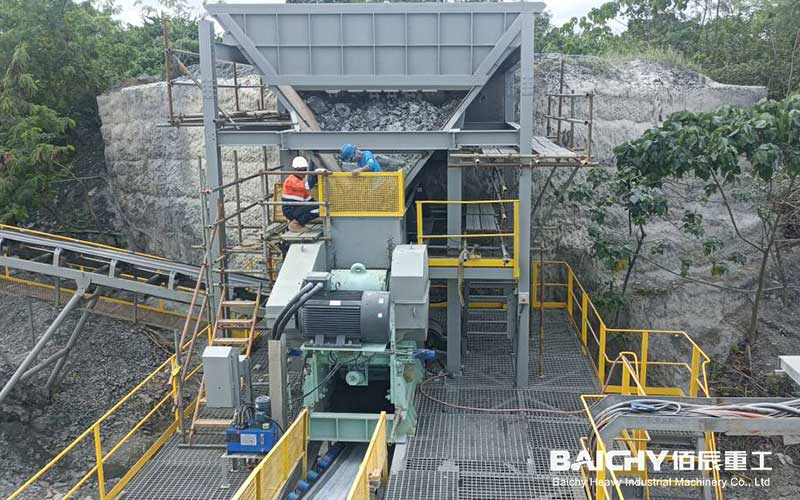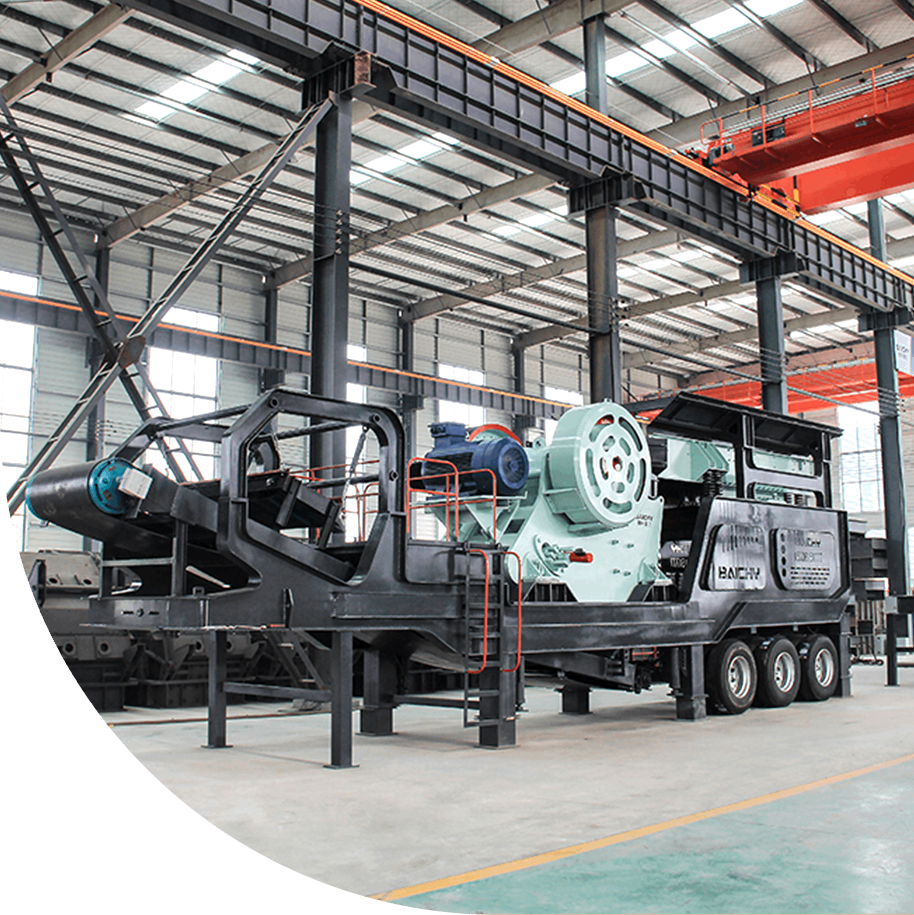In the fields of lithium battery anode materials and specialty carbon products, needle coke fineness directly impacts the product's conductivity, compaction density, and electrochemical performance. A fineness range of 3-7 microns is considered ideal, ensuring a high specific surface area while avoiding agglomeration caused by excessive fineness. So, how can needle coke fineness be stably controlled through the grinding process? This article will provide an in-depth analysis of ultrafine grinding technology, covering equipment selection, process optimization, and industry applications.
Why is needle coke ground to 3-7 microns?
1. The Impact of Fineness on Material Properties
Needle coke powder of 3-7 microns offers the optimal balance:
• Moderate specific surface area: Improves lithium ion insertion/extraction efficiency and optimizes battery rate performance.
• Good flowability: Reduces particle agglomeration and improves anode coating uniformity. • High compaction density: Enhances electrode structural stability and extends cycle life.
2. Industry Standard Requirements
• Lithium battery anode materials: Typically require a D50 (median particle size) of 3-7 μm, such as artificial graphite and silicon-carbon composites.
• Specialty carbon materials: Such as high-purity graphite and conductive additives. Fineness directly affects conductivity and dispersion.
How to achieve precision grinding of 3-7 microns?
1. Key Grinding Equipment Selection
| Equipment Type | Applicable Fineness Range | Advantages and Disadvantages |
| Jet Mill | 1-20μm | Pollution-free, high purity, but high energy consumption |
| Ball Mill | 5-50μm | Low cost, but prone to impurities |
| Vertical Roller Mill | 3-30μm | High efficiency, suitable for large-scale production |
| Ultrasonic Pulverizer | 1-10μm | Precise and controllable fineness, but high maintenance costs |
Recommended Solutions:
• Small-batch, high-precision: Air jet mill + classifying system to ensure no metal contamination.
• Industrial production: Vertical roller mill + dynamic classifying, balancing efficiency and fineness stability.
2. Key Process Optimization Points
• Feed particle size control: Pre-crush to below 100 mesh (~150 μm) to reduce grinding load.
• Classification System Adjustment: Use a dynamic airflow classifier to adjust fineness in real time (adjustable from 3-7 μm).
Anti-Agglomeration Measures:
• Add a surface modifier (e.g., stearic acid) to improve dispersion.
• Use an inert gas (e.g., nitrogen) during milling to prevent oxidation.
3. Fineness Measurement Methods
• Laser Particle Size Analyzer (e.g., Malvern Mastersizer): Rapidly measure D10/D50/D90.
• Scanning Electron Microscope Observation: Visually analyze particle morphology and dispersion.
Application Examples of 3-7 μm Needle Coke
1. Lithium Battery Anode Materials
• Artificial Graphite Anode: A fineness of 3-7 μm improves initial efficiency (>92%) and cycling stability.
• Silicon-carbon composites: Ultrafine needle coke acts as a conductive backbone to mitigate silicon's volume expansion.
2. Specialty Carbon Products
• High-purity graphite crucibles: Fine particles improve density and extend service life.
• Conductive slurries: Optimize rheological properties, suitable for photovoltaic silver pastes and PCB printing.
Frequently Asked Questions (FAQs)
Q1: What are the problems with needle coke that is too fine (<3μm)?
It tends to agglomerate, increasing slurry viscosity and making coating difficult. Excessive surface area may increase the risk of side reactions.
Q2: How can metal contamination be avoided during grinding?
Use a ceramic-lined ball mill or an air jet mill to prevent the introduction of impurities, such as iron and nickel.
Q3: How can fineness be adjusted if it does not meet the standard?
Check the classifier speed and air velocity, or optimize the feed particle size distribution. Controlling the 3-7 micron fineness of needle coke is crucial for improving material performance and requires a combination of equipment selection, process optimization, and precise testing. If you're looking for a highly stable ultrafine grinding solution for needle coke, don't hesitate to get in touch with our technical team for customized process support and equipment recommendations!
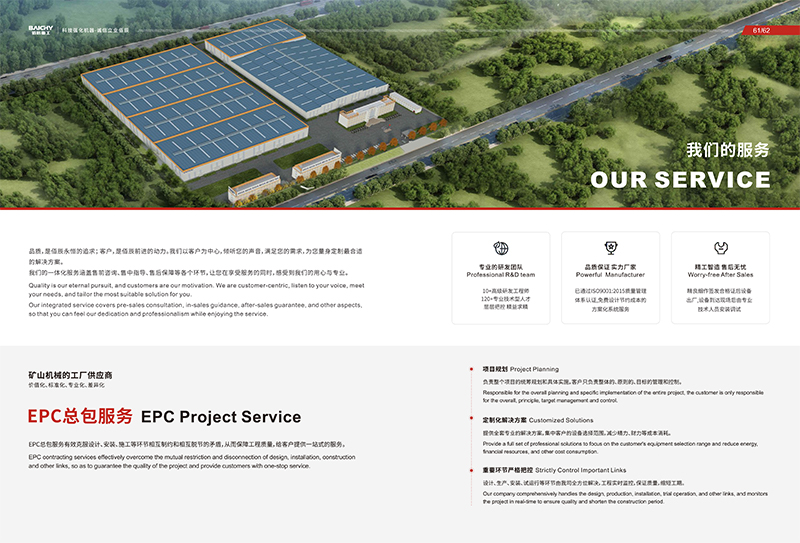
Baichy Heavy Industry – Your Trusted Partner for Seamless Equipment Operation
To ensure optimal performance of your equipment, Baichy Heavy Industry offers:
- Professional on-site installation guidance
- Comprehensive operator training
- 24/7 technical support & maintenance services
Our complete after-sales service system guarantees long-term, stable operation of your machinery with minimal downtime.
Protect Your Rights – Only Use Official Channels
To avoid scams and ensure authentic support, contact us exclusively through:
• Official Website: www.baichychina.com
• WhatsApp: +8615093222637
• Email: [email protected]
Your satisfaction is our priority – expect prompt, professional service every time.
(Note: Beware of unauthorized third parties claiming to represent Baichy. Always verify through official contacts.)
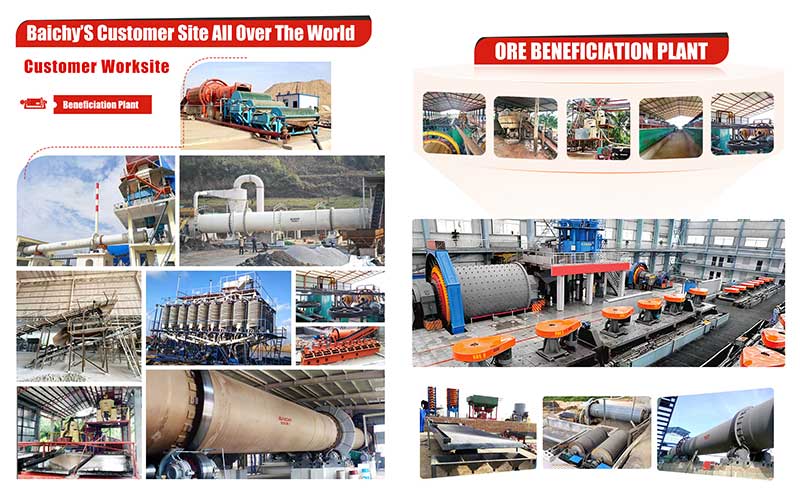
Further reading:
How To Choose A Suitable Industrial Grinding Mill?
Which Is Better Cement Vertical Roller Mill Or Ball Mill?
What Are the Differences between Dry and Wet Type Ball Mill?


